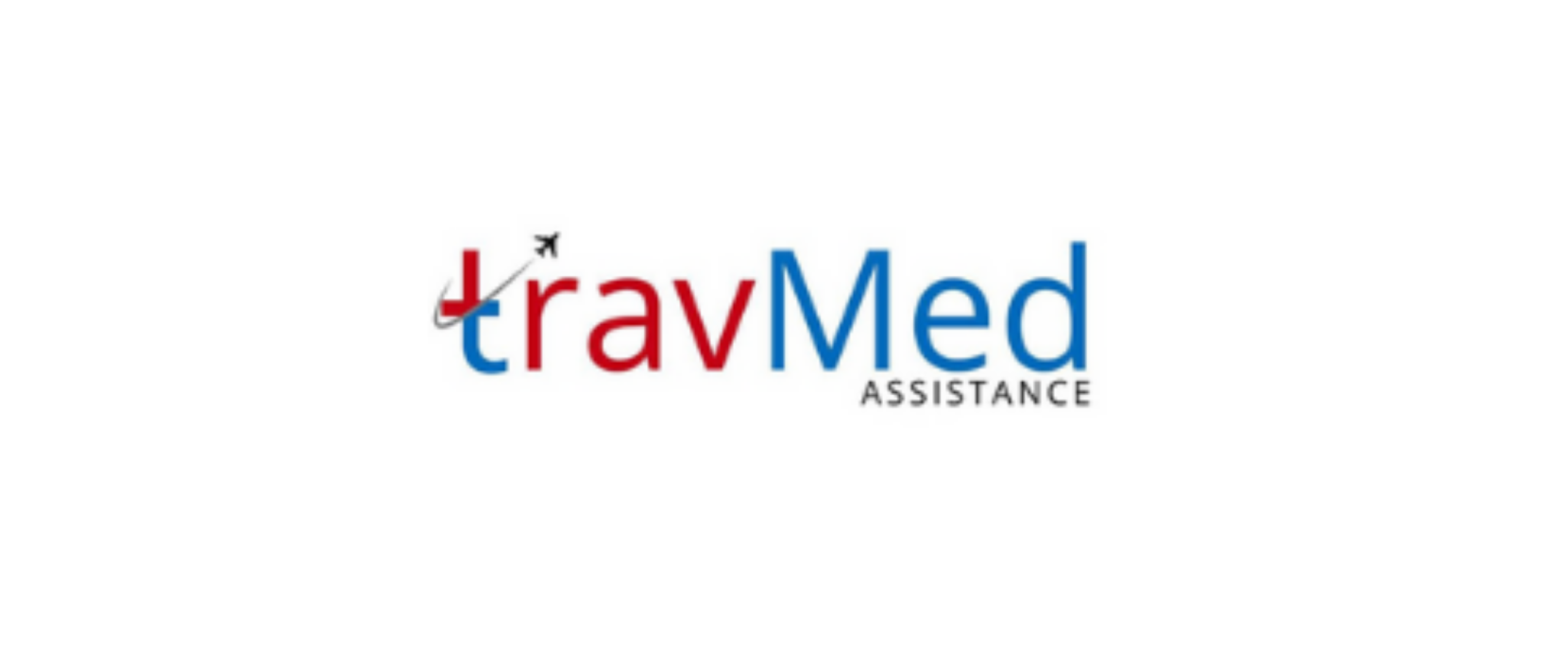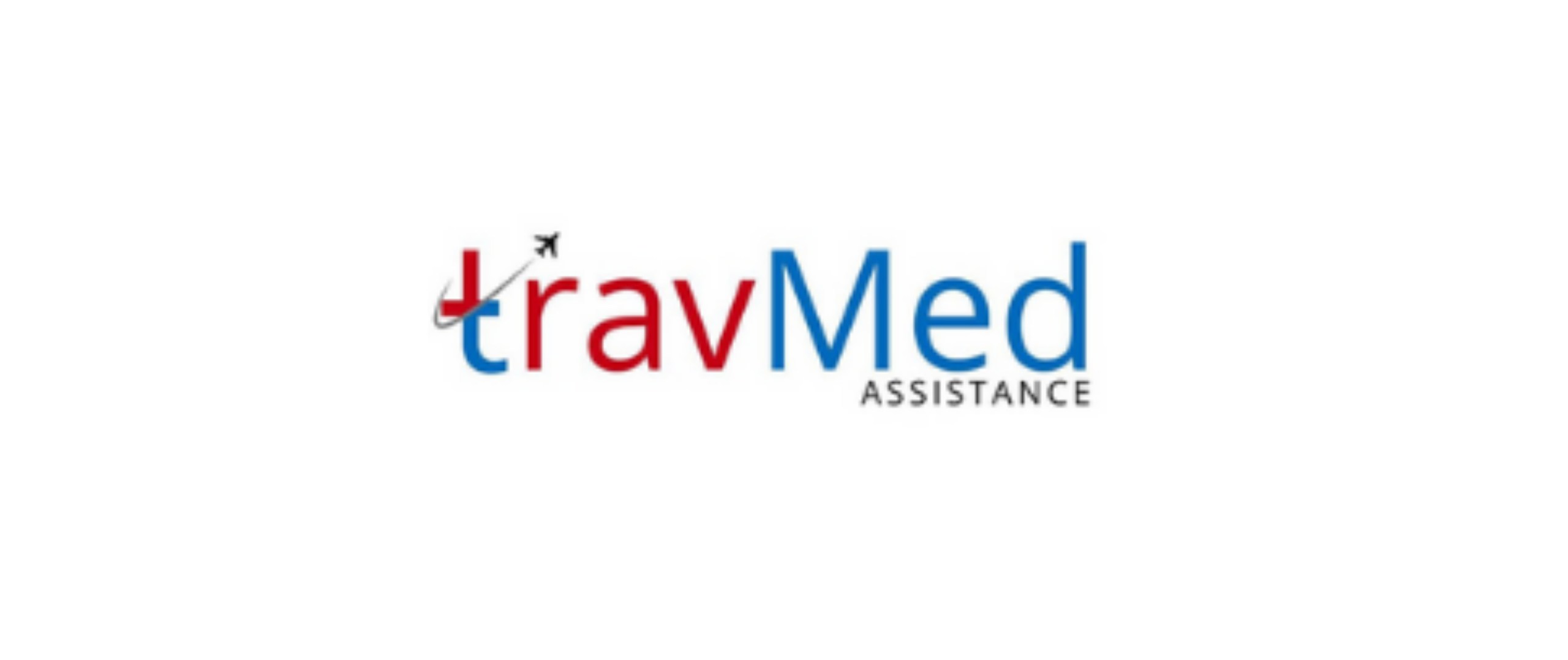
Medical insurance claim services in Nepal encompass the processes and assistance provided to policyholders for filing and settling insurance claims related to medical expenses. These services facilitate the reimbursement of medical costs incurred by insured individuals, ensuring they receive the financial benefits outlined in their insurance policies. Claim services typically include guidance on claim submission, document verification, liaison with healthcare providers, and coordination with insurance companies. In Nepal, these services aim to streamline the often complex process of medical insurance claims, helping policyholders navigate the paperwork and procedures required to receive their entitled compensation for medical treatments, hospitalizations, and other covered healthcare services.
Who provides claim services in Nepal?
In Nepal, various entities offer medical insurance claim services. Insurance companies themselves are primary providers, offering in-house claim processing departments to handle policyholder claims. Third-party administrators (TPAs) also play a significant role, acting as intermediaries between insurance companies and policyholders. These specialized firms manage claims on behalf of insurers, often providing more efficient and streamlined services. Additionally, some hospitals and healthcare facilities in Nepal have dedicated insurance desks that assist patients with claim submissions. Insurance brokers and agents may also offer claim assistance services to their clients. Government health insurance programs, such as the Social Health Security Development Committee, provide claim services for their respective schemes. As the insurance sector in Nepal continues to develop, more specialized claim service providers are emerging to meet the growing demand for efficient claim processing.
How do insurance claims work in Nepal?
The insurance claim process in Nepal typically follows a structured procedure. When a policyholder requires medical treatment, they must first notify their insurance provider or TPA. In cases of planned treatments, pre-authorization may be required. After receiving medical care, the policyholder collects all necessary documents, including medical bills, prescriptions, and treatment records. These documents are then submitted to the insurance company or TPA, either directly or through the healthcare provider. The claim is reviewed for validity and compliance with policy terms. If approved, the insurance company reimburses the policyholder or directly settles the bill with the healthcare provider, depending on the policy type. For cashless claims, the insurer directly pays the hospital, while reimbursement claims involve the policyholder paying upfront and then claiming the amount from the insurer. The process may vary slightly depending on the insurance provider and policy type, but generally follows these basic steps in Nepal’s healthcare system.
What documents are needed for claims?
For medical insurance claims in Nepal, several essential documents are typically required:
- Completed claim form provided by the insurance company
- Original medical bills and receipts
- Prescription for medications and treatments
- Discharge summary for hospitalization cases
- Investigation reports (lab tests, X-rays, etc.)
- Doctor’s consultation notes
- Pre-authorization letter (if applicable)
- Copy of insurance policy or card
- Identification proof of the policyholder
- Bank account details for reimbursement
- Police report (in case of accidents)
- Death certificate (for death claims)
The specific requirements may vary depending on the insurance provider and the nature of the claim. It’s advisable to maintain a comprehensive record of all medical documents to ensure a smooth claim process.
How much do claim services cost?
The cost of medical insurance claim services in Nepal can vary depending on the provider and the type of service offered. Many insurance companies include claim processing as part of their standard services, with no additional charge to policyholders. However, some third-party administrators or specialized claim service providers may charge a fee for their assistance. These fees can range from a flat rate to a percentage of the claimed amount, typically between 1% to 5%. Some providers offer basic claim filing assistance for free but charge for more comprehensive services like claim follow-ups or dispute resolution. It’s important to note that government health insurance schemes usually process claims without additional charges. Policyholders should clarify any potential fees with their insurance provider or claim service company before engaging their services. The cost can also depend on the complexity of the claim and the level of assistance required.
How long does it take to process claims?
The processing time for medical insurance claims in Nepal can vary depending on several factors. On average, straightforward claims may be processed within 15 to 30 days from the date of submission. However, more complex cases or those requiring additional documentation can take up to 45 to 60 days. Cashless claims, where the insurer directly settles with the hospital, are often processed more quickly, sometimes within a few hours to a few days. Reimbursement claims typically take longer due to the need for document verification and processing. Factors that can affect processing time include the completeness of submitted documents, the complexity of the medical treatment, and the workload of the insurance company or TPA. Some insurance providers in Nepal have implemented digital claim processing systems, which can significantly reduce processing times. It’s advisable for policyholders to follow up regularly on their claim status and promptly provide any additional information requested to expedite the process.
Are services available for international patients?
Medical insurance claim services for international patients in Nepal are available, albeit with certain limitations and considerations. Many Nepali insurance companies offer policies that cover treatment received abroad, and some international insurance plans are accepted in Nepal. For tourists or temporary visitors, travel insurance often includes medical coverage, and claim services can be accessed through their international insurance providers. Some hospitals in Nepal, particularly in urban areas, have experience dealing with international insurance claims and can assist foreign patients. However, the process may be more complex and time-consuming compared to domestic claims. International patients should verify their insurance coverage before seeking treatment in Nepal and may need to pay for services upfront and seek reimbursement later. It’s advisable for international patients to contact their insurance providers before traveling to Nepal to understand the claim process and any network hospitals or preferred providers in the country.
How reliable are claim service providers?
The reliability of medical insurance claim service providers in Nepal varies, but overall, the sector has been improving in recent years. Established insurance companies and reputable third-party administrators generally offer reliable claim services, adhering to regulatory standards set by the Insurance Board of Nepal. These providers often have dedicated claim departments and established processes to ensure efficient and accurate claim handling. However, the reliability can be influenced by factors such as the provider’s experience, technological infrastructure, and workload. Some smaller or newer providers may face challenges in processing claims promptly or accurately. To assess reliability, policyholders can consider factors such as the provider’s track record, customer reviews, and claim settlement ratio. The Insurance Board of Nepal monitors claim service providers and addresses complaints, which has contributed to improved reliability in the sector. It’s advisable for policyholders to choose well-established providers and to maintain clear communication throughout the claim process to ensure reliability.
How do I access insurance claim services?
Accessing medical insurance claim services in Nepal involves several steps:
- Contact your insurance provider or TPA
- Obtain claim forms from the insurer’s website or office
- Gather all necessary medical documents
- Fill out the claim form accurately and completely
- Submit the claim form and documents to the insurer or TPA
- For cashless claims, contact the insurance desk at the hospital
- Follow up regularly on the claim status
- Provide any additional information if requested
- For online services, register on the insurer’s web portal
- Use mobile apps provided by insurers for claim submission and tracking
It’s advisable to familiarize yourself with your policy’s claim process beforehand and keep your insurance card and policy details readily accessible. Many insurers now offer 24/7 helplines for claim assistance, which can be particularly useful in emergencies.
Are claim services available online in Nepal?
Online claim services for medical insurance in Nepal are increasingly available, reflecting the country’s growing digital infrastructure. Many insurance companies and TPAs now offer web portals and mobile applications that allow policyholders to submit claims, track their status, and access policy information online. These digital platforms enable users to upload scanned documents, fill out claim forms electronically, and communicate with claim processors through online channels. Some insurers provide features like real-time claim status updates and online chat support for claim-related queries. The Social Health Security Development Committee, which manages the government health insurance program, also offers online services for claim submission and tracking. However, the availability and sophistication of online claim services can vary among providers. While major insurers in urban areas tend to have more advanced online systems, some smaller providers or those serving rural areas may still rely more on traditional, offline processes. Policyholders should check with their specific insurance provider to understand the extent of online claim services available to them.
How is fraud prevented in claim processes?
Fraud prevention in medical insurance claim processes in Nepal involves various strategies and measures:
- Thorough document verification and cross-checking
- Implementation of digital claim processing systems with fraud detection algorithms
- Regular audits of claim patterns and trends
- Collaboration with healthcare providers to verify treatment details
- Use of unique identification numbers for policyholders
- Training of claim processors in fraud detection techniques
- Implementation of pre-authorization processes for certain treatments
- Blacklisting of fraudulent healthcare providers or claimants
- Utilization of data analytics to identify suspicious claim patterns
- Establishment of dedicated fraud investigation units within insurance companies
- Cooperation with law enforcement agencies for serious fraud cases
- Regular updates to fraud prevention policies and procedures
These measures aim to maintain the integrity of the claim process while ensuring genuine claims are processed efficiently. The Insurance Board of Nepal also plays a role in overseeing and regulating fraud prevention practices in the industry.
Who monitors the claim management process?
The claim management process in Nepal’s medical insurance sector is monitored at multiple levels:
- Insurance Board of Nepal (regulatory oversight)
- Internal audit departments of insurance companies
- Third-party administrators (for outsourced claims)
- Quality assurance teams within claim departments
- External auditors appointed by insurance companies
- Government health insurance agencies for public schemes
- Nepal Insurers’ Association (industry-wide standards)
- Consumer protection organizations
- Legal authorities in cases of disputes or fraud
- Healthcare providers’ insurance liaison offices
The Insurance Board of Nepal plays a central role in setting guidelines and standards for claim management. It conducts regular inspections and requires insurers to submit periodic reports on claim processing. Insurance companies themselves have internal monitoring mechanisms to ensure compliance with regulations and company policies. For government health insurance schemes, dedicated monitoring units oversee the claim process. This multi-layered monitoring system aims to ensure transparency, efficiency, and fairness in the claim management process, protecting both policyholders and insurers.


